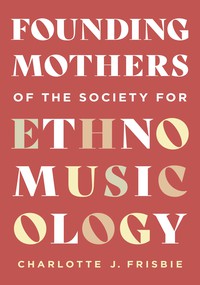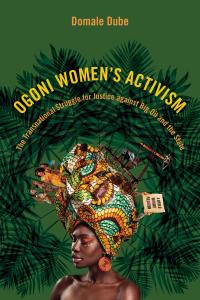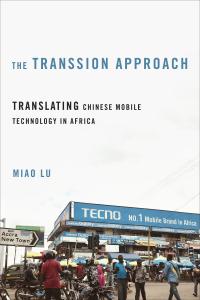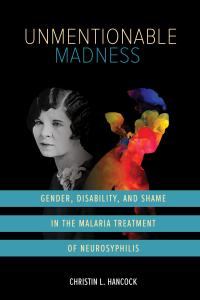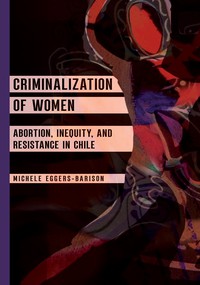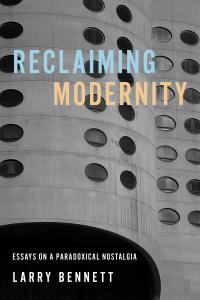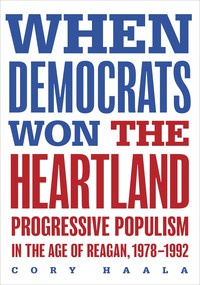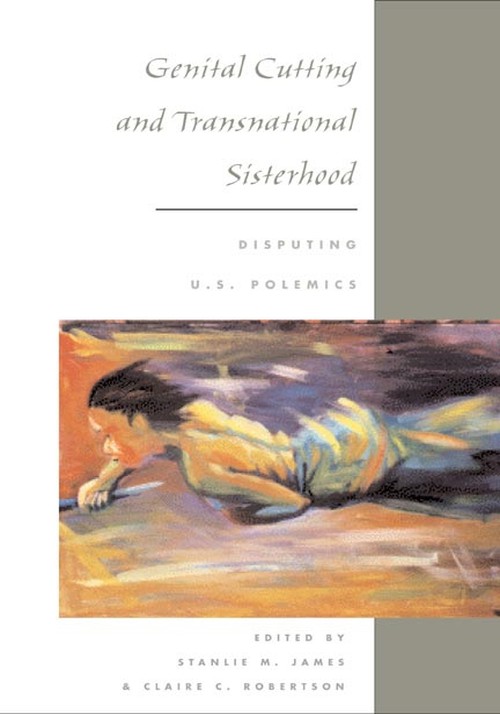
Genital Cutting and Transnational Sisterhood
Cloth: 01/01/2002
About the Book
Genital Cutting and Transnational Sisterhood is a much-needed response to the ethnocentric and arrogant Western perceptions surrounding female genital cutting (FGC), often referred to as either female genital mutilation or female circumcision, but including a variety of practices of varying history, severity, geographical distribution, and consequences.In five provocative essays, the contributors to this timely volume challenge representations of FGC through a range of perspectives: history, human rights, law, missionary feminism, cultural relativism, anthropology, and the intersex movement. Balancing feminist ideals with culturally conscious approaches, they dispel sensationalized and widely accepted concepts that influence Western media, law, and feminist thought on FGC, including the ignorance and oversimplification of African history, cultures, and religions, and an exaggeration of the extent and geographical distribution of the various procedures performed. The assumption that FGC does not occur presently in the United States is also considered. From Alice Walker and Pratibha Parmar's documentary film Warrior Marks to mainstream media and prime time television, Genital Cutting and Transnational Sisterhood critiques the sources that perpetuate the harmful myths that all African women have been mutilated and promote doing so to their children, that those who perform it are barbaric, and that families who allow it are abusive.
With sensitivity and clarity, the contributors to Genital Cutting and Transnational Sisterhood provide necessary and alternative suggestions for the eradication of the most harmful procedures--which they feel can only occur when the leadership of African women in the ongoing campaigns is acknowledged and supported, and when income generation for African women and education of the U.S. public, rather than criminalization, become primary strategies.
About the Author
Stanlie M. James is chair of the Afro-American Studies Department and professor of African American studies and women's studies at the University of Wisconsin, Madison. She is a coeditor of Theorizing Black Feminisms. Claire C. Robertson is professor of history and women's studies at the Ohio State University and the author of Trouble Showed the Way: Women, Men, and Trade in the Nairobi Area, 1890-1990 and other books.Reviews
"For anyone seeking to understand FGM and the controversy surrounding it, for anyone looking for ways to act against FGM, this book is an excellent guide. . . . By learning more about the historical and contemporary practices of genital mutilation in our own societies, feminists can better collaborate with African women, recognizing commonalities while respecting differences."--Judith Van Allen, Women's Review of Books"This is a powerful collection of essays on a painful topic. The important debates concerning this practice are raised and expanded in meaningful ways that lead us to new consciousness."--Evelyne Accad, author of The Wounded Breast
